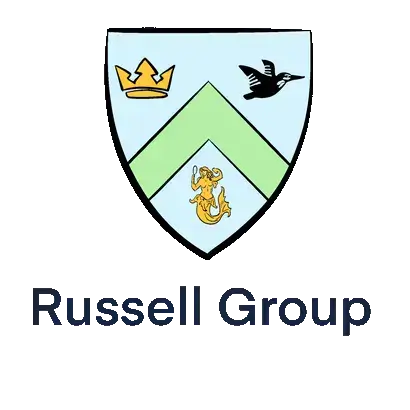13 Plus and Common Entrance Science Papers
The following papers have been written in-house by our expert team of 13 Plus Science tutors. They are free for anyone to use for non-commercial use. The papers are designed to reflect the various examination styles used at 13+ Science. We recommend using them sparingly, especially if your child is more than a few months away from an examination date. Do read our guides to preparing children for 13+ Science to get a sense as to what is expected. Our tutors are all fully qualified teachers, and know what is required to make the grade at 13 Plus Science.
13 Plus Science Papers - 3 papers available
Are you looking for a tutor with specific school entrance experience?
Browse our school guide
13 Plus Science Paper Guide
The 13 plus science paper covers all three sciences: biology, chemistry and physics, usually in three separate sections, although some schools have separate science papers. The papers are designed to test understanding of science concepts and the ability to apply knowledge and understanding.
The 13 plus science scholarship papers for some schools may be a bit more demanding, and involve more detailed analysis of data and application of knowledge, but frequent practice will help your child get comfortable and prepared for anything that may come up!
As well as asking specific questions on science areas such as photosynthesis, acids and alkalis or radiation, the questions will also assess ability to analyse data such as graphs, and also to design science experiments and understand scientific methods.
You may notice some particular areas come up quite frequently such as solubility graphs and reactivity series in chemistry, food webs in biology or speed graphs in physics. That is the beauty of frequent practice, you can eventually get used to particular question types.
Science does include some maths, for example in using formulae and carrying out calculations, and also in analysing data. Students are therefore allowed a calculator in science 13+ exams.
Owl Tutor’s science papers are specific to the style of 13+ science papers and cover all these key areas.
Science Topics in 13+ papers
The topics are largely those in a typical KS3 science specification, but following is a list of the main topics encountered:
Biology: Organisms, Movement, Plant and animal cells, Specialisation, Adaptation, Breathing, Gas exchange, Digestion, Diet, Enzymes, Ecosystems, Food webs, Plant reproduction, Flowers, Respiration (aerobic and anaerobic), Photosynthesis, Genes, Variation, Human reproduction, Evolution, Biodiversity, Inheritance, DNA
Chemistry: Particles, States of matter, Separation techniques, Mixtures, Periodic table, Elements, Compounds, Formulae, Metals and non-metals, Types of reaction, Acids and alkali’s, pH, Chemical energy, Bonds, Equations (symbol and word), Earth structure and rocks, Climate and greenhouse gases, Earth resources, Ores, Extraction, Electrolysis
Physics: Speed, Motion, Forces, Gravity, Drag, Friction, Tension, Pressure, Fluids, Current, Voltage, Resistance, Circuits, Conductors, Insulators, Electrons, Charge, Electric fields, Electromagnets, Magnets, Energy, Power, Fossil fuels, Energy transfer: Energy stores Work, Heating and cooling, Sound Waves, Light Waves, Reflection, Refraction, Lens, Wave properties, Universe and solar system
General Science Skills: Plan experiments, Identify variables, Test hypothesis, Risks and evaluation, Present data, Analyse patterns and spot anomalies, Use equipment, Understand and take measurements, Understand accuracy, reliability and fair tests.
How to Use Owl Tutors’ Science Papers
The Owl Science Papers cover the above topics using a mixture of short answer questions, longer structured questions and data analysis. They test your child’s knowledge and understanding of science topics as well as their ability to interpret data and understand graphs and tables.
The papers all have mark schemes attached, and so are excellent to practice from. You may initially wish to let your child complete papers in their own time so that they can get used to the kind of questions encountered. Also you may find that there are some topics your child hasn’t studied yet so it is a chance to get used to more unfamiliar topics, and learn them.
Eventually you may wish to give these papers to your child to do under time constraints, which will get them very prepared for the actual examination process.




